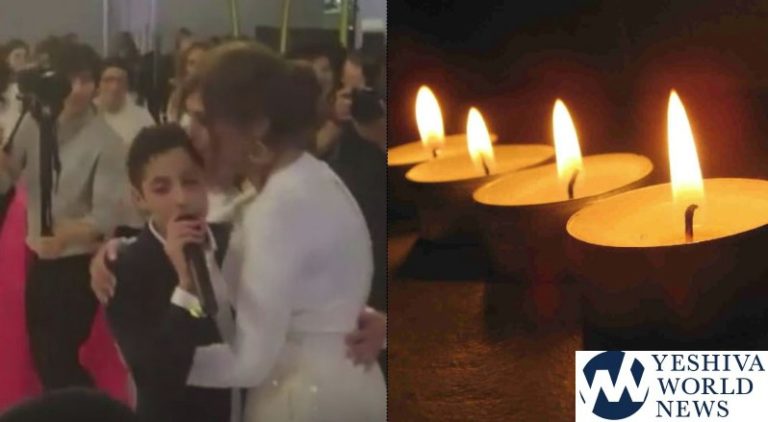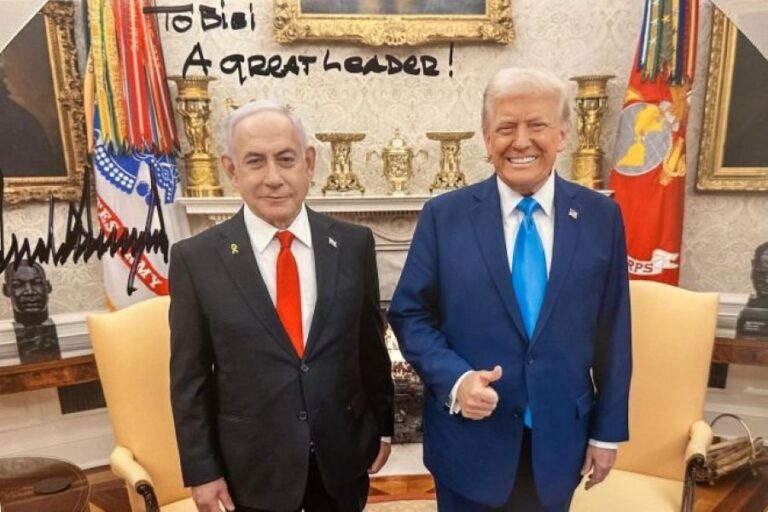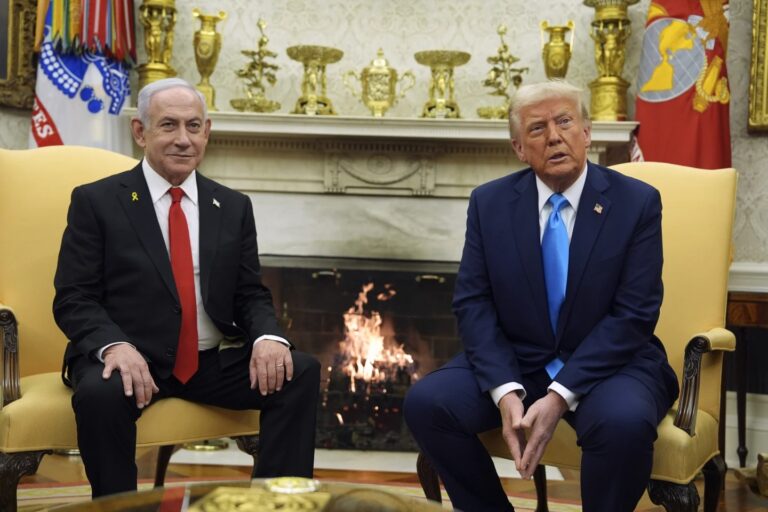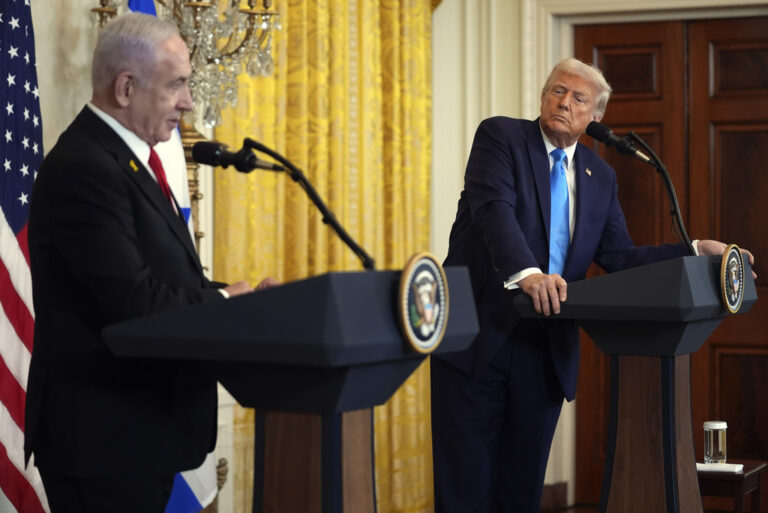The attached video is simply heartbreaking.
It was taken just a few months ago at the Bar Mitzvah of Avraham Azan, who miraculously survived the horrible tragedy in Flatbush early Monday morning.
Avraham is seen singing a beautiful song in his magnificent voice for his mother, who is standing next to him.
The rest of his family eventually holds hands during the end of the song.
As YWN had reported, Avraham was sleeping on the first floor of the home when the fire broke out. A smoke alarm woke him up, and he and his cousin were able to escape unharmed.
Tragically, his mother and three siblings were R”L killed in the blaze: Mrs. Aliza Azan A”H (39) – the mother of Moshe Azan Z”L (11), Yitzchak Azan Z”L (7), Henrietta Azan A”H (3).
His father, Yosef, courageously saved the lives of two other children – who are listed in critical condition. he attempted once more to enter the inferno to rescue his wife and three children, but was unable to. He too is listed in critical condition, suffering burns and smoke inhalation.
The Levaya will be held at 7:00PM (tonight – Monday) at Beit Knesset “Sheves Achim”, located at Avenue T and East 7th Street in Flatbush.
The Niftarim will be flown on a midnight flight to Eretz Yisroel for Kevura.
Please continue to say Tehillim for Shilat bas Louza Aliza (16) who is critical, Daniel ben Louza Aliza (15) who is critical, and Yosef ben Ahuva Masuda – the father who is critical.
(Chaim Shapiro – YWN)












18 Responses
Heartbreaking no words
I think it’s time for us to do some retrospection. If you were to search for all the tragedies that happened and never mind the antisemitism and the fear of nuclear weapons etc. you have to be heavily sudated not to feel the galus and to yearn for Moshiach which will put a stop to our tzaros. But what do we do either we snore so loud that we don’t hear the shrill cries of our brothers and sisters who are suffering whether it’s physical emotional pain. Here and Israel it’s absolutely mind boggling!!! Rabosai WAKE UP!!!!! Do teshuva get real! Stop hiding from yourself and Hashem !!!Learn Mussar every day with a consistency and hopefully this mussar will touch people’s hearts and will be a zechus to the deceased that have died such a dreadful death to atone for our sins!!!
While pd is absolutely correct, we should all make sure that proper fire-safety guidelines are being followed as well. I deeply hope that their Chanuka menorah was not still lit when the parents went to sleep that night. That it was properly placed on a stable surface, no window curtains hanging in the vicinity, etc. Too many tragedies occur every year due to negligence, that it’s impossible to ignore. Ditto for some families’ Shabbos candles. Each of these fire incidents cost the city a bundle of money. Are we waiting cv”s for some lover of Klal Yisroel to propose legislation against lighting candles during Chanuka? And then everyone will start hollering anti-Semites, don’t you dare try to restrict Chanuka!! Being careful with fire is not rocket science. Please folks, a little common sense.
If this is not called a Korban then what is?!? So so terrible
I am a frum lady and decided to have a chat the other day to my neighbour who is a non Jew. Hakadosh Boruch Hu loves all of His creations and we were all put here for a reason. I was shocked to discover what a wake up call that discussion had on me. We all know it, but to hear it from someone not from the same background etc as us then it hits the heart. Basically Hakadosh Boruch Hu is angry at us and we are not doing teshuva. So He needs to take a Korban. And He did. Not just one.
Where in Torah is human sacrifice allowed?
Where in Torah is the punishment for someone’s transgression applied to someone else that is innocent?
Who can watch this without crying?
@JDweck Did you ever hear of the story of the 10 Harugey Malchut/הרוגי מלכות?
We also say פוקד עוון אבות על בנים.
This is definitely not the first time in history and obviously we should feel concerned and realize that of God takes a 3 years old girl’s life in a such tragic way it is not because of some “negligence”, but to speak like you a dodge the obvious message is a real waste…
There was a tragic, tragic accident here. Senseless loss is extremely painful.
To ascribe ‘retribution’ or “punishment” by Hashem is anathema to Judaism.
Punishment or retribution is not at all connected just to Judaism. Rather to all of mankind.
Jdweck,
I actually think quite similarly to to you. פוקד עוון אבות על בנים means only if the descendants are continuing in the same bad habits as the parents. Which often happens. People with a quick temper will often have kids who are unstable emotionally and may for example lose their jobs because they are too angry or difficult to get along with. That is an example of פוקד עוון. The middos are hereditary, the free choice, the child’s own. This can work in a community as well, such as the holocaust. The innocent victims may be guilty of not influencing the rest to do teshuvah, or being part of the problem by being too frum and not caring enough about the feelings of the thousands who left Judaism. Or maybe they should have followed the rambams advice and left since אוי לרשעים אוי לשכנו. In general I agree that Jewish theory and hashkafa today is not like what we see in the Torah. I could elaborate, maybe in the coffee room.
JDweck I understand everything you have said and your questions and comments are very good.
You asked “where in Torah is human sacrifice allowed?”
And “Where in Torah is the punishment for someone’s transgression applied to someone else that is innocent??”
The answer is that nowhere in the Torah does it allow human sacrifices.
And nowhere in Torah is the punishment for someone’s transgression applied to someone else that is innocent.
The answer is that we do not understand everything that happens in this world are we are not G-d. But one thing we do know is that in order to have a relationship with Hashem then we have to be spiritually awake. And how many of us are spiritually dead? Does that bother you? It definitely bothers Hashem.
Have you ever thought about why we used to bring karbonos in the Beis Hamikdosh? Perhaps that would be a good start to answer your questions…
We do not understand the reasons, but we know it’s not “senseless”.
What we do know is that if there is a tragedy, we should better ourselves to try to avoid the next one.
We should also try to understand the reasons behind the tragedy. Maybe we can’t know for sure, but we can often have an educated guess. That is the ratzon Hashem. The Torah says clearly we should be asking these questions. And we see that many tried to answer. If we never try to solve the problem that caused the tragedy, we are allowing it to happen again, and the hitorerut goes to waste. ‘Those who do not learn history are doomed to repeat it.’
“Educated Guess” of what caused the tragedy (as an unsaid justfication for perceived transgressions by B’nai Ysrael) again assumes that we know what Hashem does.
We can only go by Torah, that human sacrifice is absolutely prohibited and that no innocents pay for other’s transgressions.
As far as korbanot are cited. – the first word of the parashiot are “IF one brings a korban”.
And such practices were for the people of those times.
Who believes that one’s transgressions can be relieved by killing a pigeon? Or burning flour?
Or that if those korbanot were not done, other people would be punished?
Does Hashem need dead pigeons, donations or prayers?
We do not understand everything that happens in this world and we are not G-d.
The way they were taken from this world was the same way as a korban. So that is why its easy to compare.
Such korbanot are specifically and explicitly forbidden in our religion.
One can even say that our religion was based on that very prohibition.
To acknowledge it, it any way, is anti-thetical to Torah
You are right